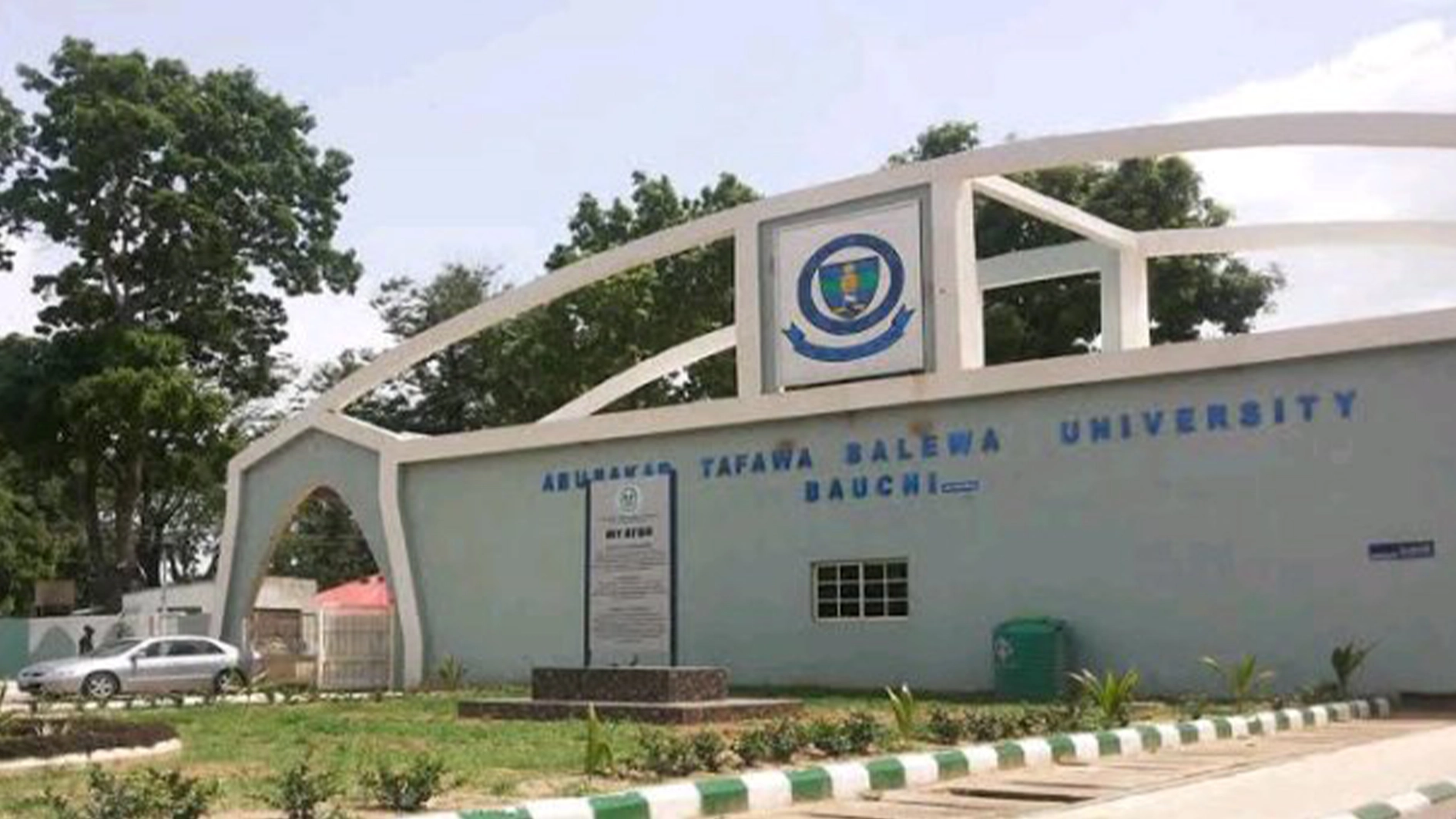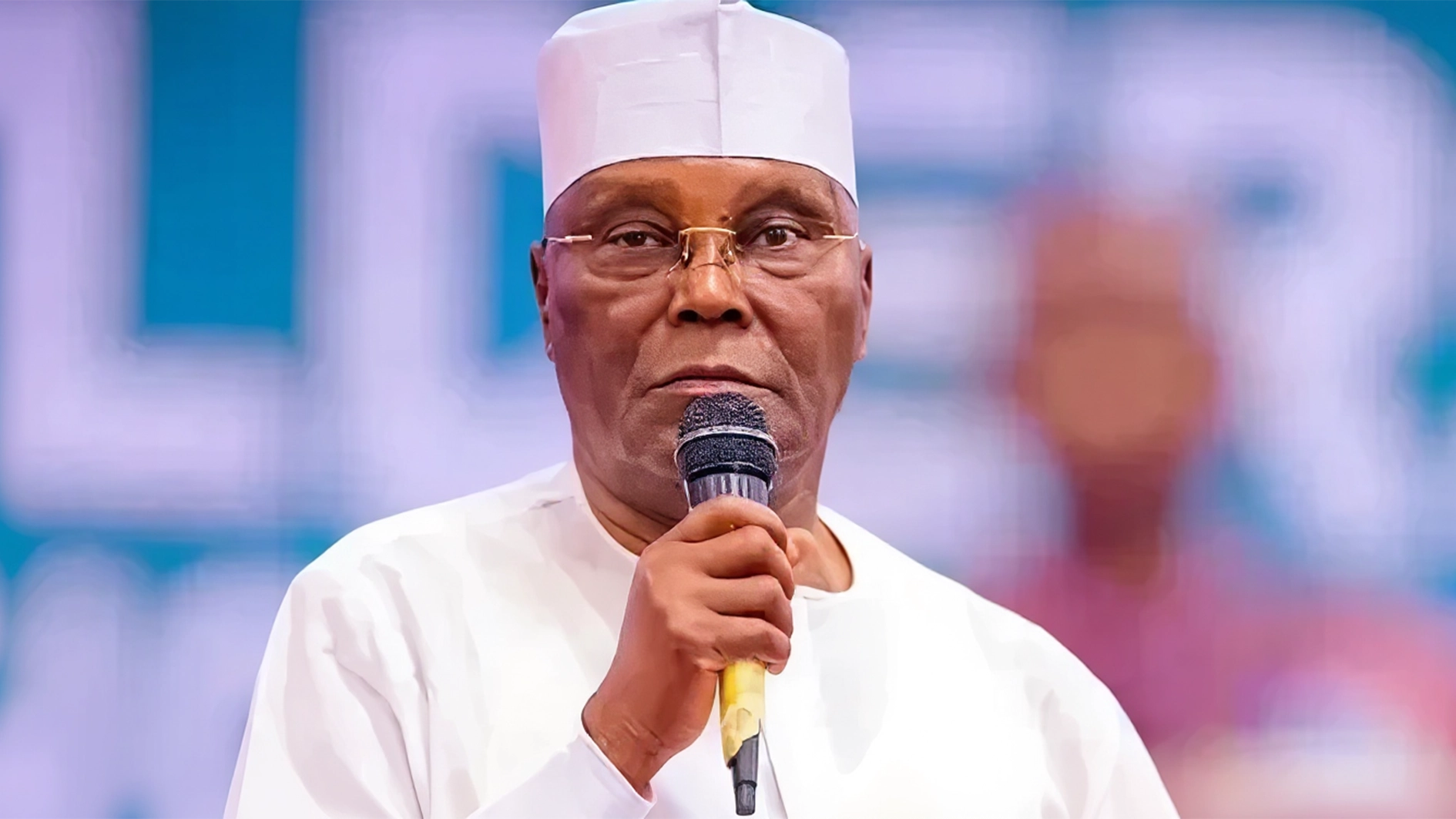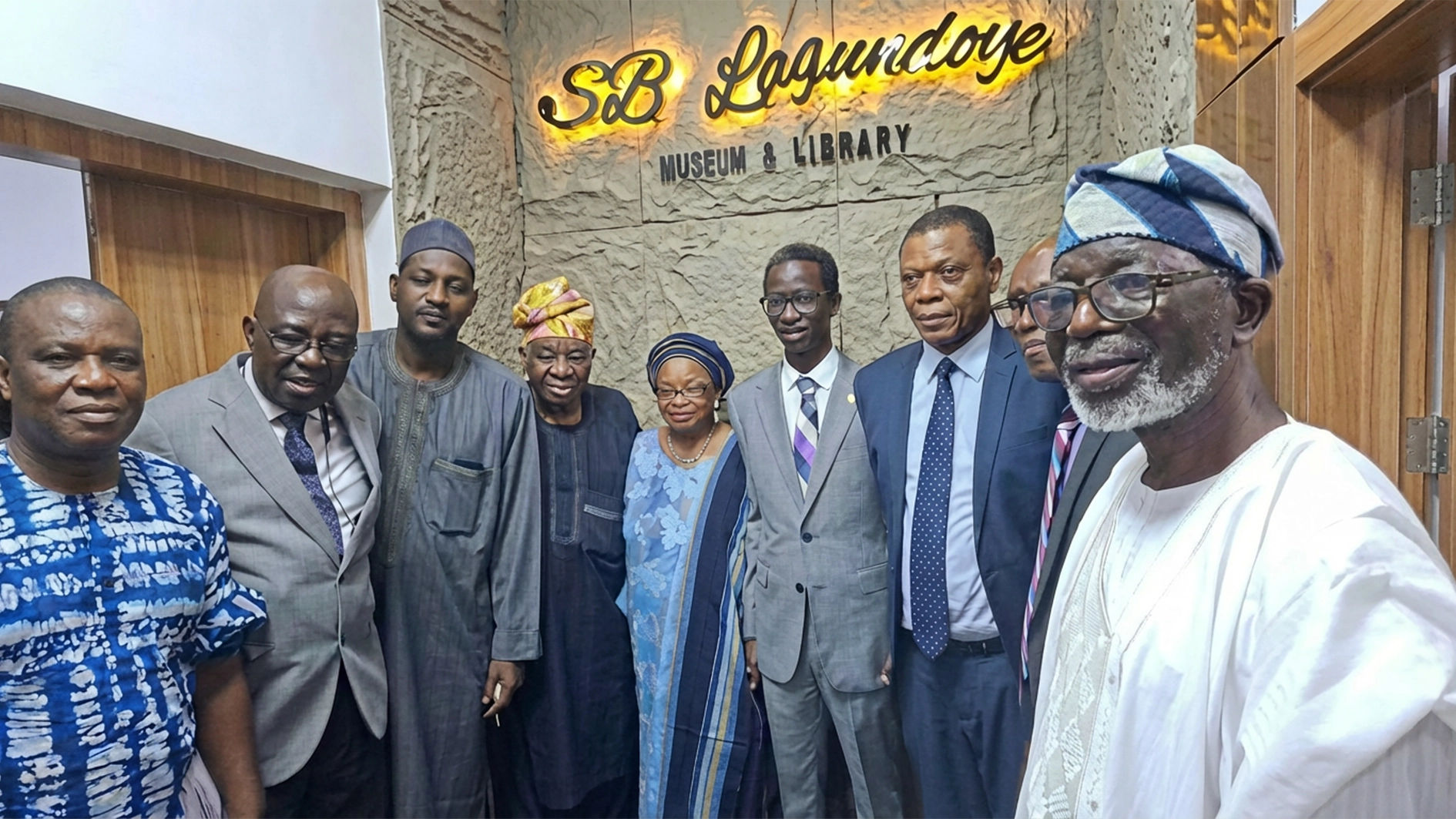An educationist and co-owner of Leap for Joy Nursery and Primary Schools in Onike Yaba, Lagos, Oluremi Adesokan has called for collaboration with the government to address the infectious decay in the educational system.
Adesokan spoke at the bi-monthly PR Tea conference organised in Ikeja, Lagos by Hustle Africa, a strategic storytelling and creative agency involved in the digital revolution for Small and Medium Enterprises (SMEs) in Nigeria.
The industrial chemistry graduate of the University of Lagos noted that the government cannot address the issue of education alone because of the enormous human and infrastructural resources needed hence the need for collaboration.
She also said such collaboration would aid in curbing the out of school children issue in Nigeria.
“When you look at the numbers of private schools in Nigeria, if the government wants to partner with private schools in the regions, maybe by providing infrastructure, physical buildings, a sort of private-public partnership, it will help children get into school,” she said.
” I’m sure there will be ways around it. Recently, the Quality, Assurance Department of the Lagos State Ministry of Education actually invited some private schools for a workshop about how schools can be registered and approved.
It was brilliant, it’s never been done before, that was fantastic, and they even brought in banks that can offer facilities to improve the infrastructure in schools so that the standards can be raised in the state.
“So that is one way in which we are already partnering to make sure that, children can get into schools and that the schools the children are getting into are affordable.”
Speaking on her journey to becoming a teacher, Adesokan said: “I didn’t study education, even though I knew I was going to teach because back then they looked down on those in the education faculty, so I wasn’t going to do that. However, immediately I graduated, and came back from National Youth Service Corps (NYSC), I joined Lagos Preparatory School as an assistant teacher. Then I took the Professional Graduate Certificate in Education (PGCE) from the University of Sunderland.
” The school back then organised it, and we had that training for about a year, and that’s when I became a professional teacher, learning about the British curriculum and knowing how to do it well.
“So I continued in that line, going from class teacher, key stage leader, school, deputy head teacher to head of the primary school, and now, I’m co-owning a school in Yaba, with my wonderful partner. ”
On the progress made so far in the teaching profession, she said: ” I personally have developed by learning the pedagogy, the theory of teaching and practical, and the new trends. We all remember how COVID came in; we all had to turn ourselves around. Those of us that were not IT savvy had to pick it up. The children themselves had to pick up.
“So that has shifted the way teaching is happening now. Many people have relocated, but Nigerian teachers are great, so many people still learn from teachers here in Nigeria, even though they are abroad. So, things have moved from teachers not being paid well to teachers being really well paid. Teachers are more exposed, we have a lot of training, and then there’s this era of safeguarding that has come in to teach us better on how to handle the children, emotionally, physically, and all that, since we are the caretakers.”
Adesokan also disagreed with the assertion that the quality of education in private schools is not at par with the public ones.
She said: “I have worked in different private schools, and I’m running one now. It’s not about making money; the children are the most important consideration. I think it’s about individuals, so maybe there may be an individual that’s out to make money, but most of the private schools are committed to those children’s progress, and sometimes we put in a lot and even spend over what we make just to make sure that the children succeed.
“It’s our joy when we see them in the future. The other day, I saw one of my students, I taught years back,14 years ago, now she’s an accountant, and I saw her at the supermarket. She jumped on me, I jumped on her, I took her number, I was so excited. We’re happy to see that progress. It’s not about money; we are trying to make Nigeria better. The public schools are also doing great; they’re giving a lot of training to the teachers.
“I have a part of my family that works in the public education sector, and I see all that they do, all the effort they put in. Yes, the resources may be limited, unlike in the private space, where there’s more money to achieve what we want, and we go the extra mile, but everybody’s striving hard.”
“In the private sector, it is not low at all; it is strong. You know with the world as a global place now, Nigerian teachers have access to information everywhere in every part of the country, and they are doing excellently well. Most of the people that left the country are teachers outside, and our children always have fantastic and great results in Nigeria.
“So in that private space it is not low: I would say that now generally, maybe we need to do more as a country to even bring on, you know to bring up the public space, we can do better, we keep doing more, it is not bad, it is not bad in the private space,” she added.
On the poor performance of students in external examinations like UMTE and WAEC, she advised against students’ too much involvement in social media and the need to teach pupils how to read from a young age to increase the reading culture.
“In our school, by the time you are three years old, you start learning how to read. Even in primary school, there’s a lot of reading. You have to ensure that the children are reading what is interesting to them. So for us to catch their attention, when they love to open a book, we also set it up in a way that they find information from books, or online. The managers always have to read books.
“There are different places to read online, but in the education sector, we have to make sure that we make reading, enjoyable to the children from a young age, people should let the children read what they want to read. Let there be something in their heart that they are reading.
Speaking on what made her school unique, Adesokan said that the school focused on the wholesome growth and development.
She said: “So, we don’t focus only on academics, yes, we want the children to learn, to know their maths, to know their English. But in the real world, it is not that course that you learn, that you are going to use. So, we want to develop children that can solve problems. We want to develop children that can work together as a team, so that wherever they find themselves they go ahead and do something. We want to develop talents, we have children that are good in sports, we make sure that we have football clubs, we have athletics we have chess.
“We have children that are playing the saxophone now. We want to make sure that you find that specific skill in each child, and give every child that opportunity. We have arts and music. So the unique selling point for us, is to let the children be happy in school, let the work not be strenuous for them, but let them still be learning in the school, or doing every other thing that builds them.
On her love for teaching, Adesokan said she started working in the school environment when she was in primary three.
“My father owned a school (still in existence) where I would teach children who were struggling with letters and help them learn during my break periods. I always knew I wanted to be a teacher.
“My proper career started in 2007 as an assistant teacher at Lagos Preparatory School. I have practised my dream and vision over the years in the various schools I have worked in but my biggest achievement so far is managing my current school and my late father’s school, giving me the opportunity to influence and shape all our activities towards that shared vision of building wholesome individuals,” she said.






